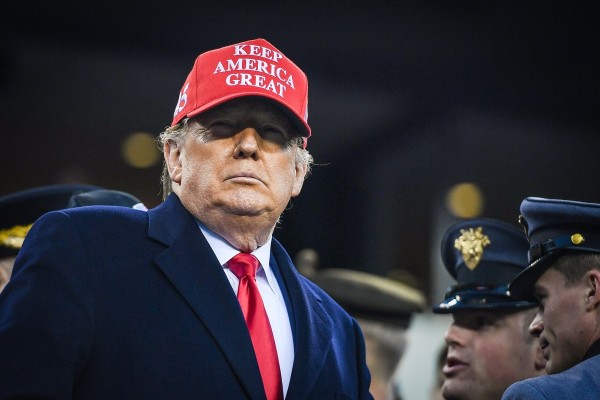-

Why seek closer economic ties with a US dictatorship?
The pandemic taught us the risk of relying on global supply chains. They are fragile and can be upset by political upheavals. Trump’s election upsets the apple cart. It’s time to recalibrate Canada’s place in the world. If we’ve lost one reliable friend, can we gain others? Will we take charge of our own economy so we can maintain democracy here?
-

Ta-Nehisi Coates, Palestine, and a message of resistance
In The Message, Coates writes of a constellation of shared experiences—between Black Americans, Africans, Palestinians—which led him to feel “the warmth of solidarity, of conquered peoples… finding each other across the chasm of oceans and experience.” It is the recognition that if the imperial powers operate conjointly to oppress us, we ought to join in solidarity ourselves.
-

Canada’s news media must be refashioned for the future
Writing about all of the problems with the ownership of Canada’s news media, as I have done for the past quarter century, has become frustrating. From sky-high concentration of corporate ownership to our hare-brained millennium experiment with the “convergence” of newspaper and television ownership to massive foreign ownership by faceless hedge funds, the problems only keep getting worse.
-

What is the West’s end-goal in Ukraine?
Russia has now fired an experimental hypersonic medium-range ballistic missile at a Ukrainian industrial facility in the city of Dnipro. This raises questions about the West’s policy of incremental escalation in Ukraine, specifically what goals it is meant to achieve, whether those goals are actually achievable, and whether the cost of pursuing those goals may be so high as to render them unwise.
-

Assassination plot in Bolsonaro’s office raises question—why did Canada support him?
The alleged assassination plot by members of Jair Bolsonaro’s inner circle is the latest indication of the Brazilian right’s intense hatred for their political enemies. For years, their attacks on the left have been supported by Washington and Ottawa, whose companies benefit from the policies implemented by these reactionary governments.
-

I’m speaking! (and you’re not)
We might ask whether, if Harris had been less adamant in her insistence that “I’m speaking!” and more willing to move on Israel, she might have persuaded enough of Biden’s 2020 voters—not only Muslim Americans, but progressives who campaigned for the Democrats in 2020 but were nauseated by Biden’s policies on Gaza—to support her. Instead, they flipped or stayed home.
-

Stephen Harper’s ‘moral clarity’ in defence of Israeli exceptionalism
In spite of his prime ministerial law-and-order rhetoric, citizen Harper has no time for the International Court of Justice’s conclusions on Israel’s genocidal intent in Gaza and Amnesty International on Israeli apartheid. The former PM still considers Israel a credible ally in spite of the IDF’s ongoing campaign of destruction and territorial expansion across the Middle East.
-

UCP members push to adopt more dangerous anti-trans policies
What’s so dangerous about the anti-trans policy resolutions the party endorsed isn’t that they will become legislation any time soon, but their effect of bolstering Smith’s claim that she’s pursuing a sensible middleground with the anti-trans legislation she’s already introduced. But when it comes to basic human rights, there is no middle ground.
-

Another NDP candidate bites the dust after specious accusations of antisemitism
Israel and many of its supporters insist that a wide range of international organizations and bodies are antisemitic. And then Israel doubles down and the outrage against it grows and the outraged are denounced as antisemites. And on and on it goes. Where it stops, nobody knows. Perhaps until the “new” antisemitism turns into the “old” antisemitism?
-

Winnipeg plant one of largest F-35 parts producers in Canada
Of the more than 100 companies in Canada that produce components for the F-35 combat aircraft, Mississauga-based Magellan Aerospace is one of the largest. Notably, it is also majority owned and chaired by billionaire N. Murray Edwards, the 35th richest person in Canada, who controls mining company Imperial Metals, responsible for the catastrophic Mount Polley tailings disaster.



